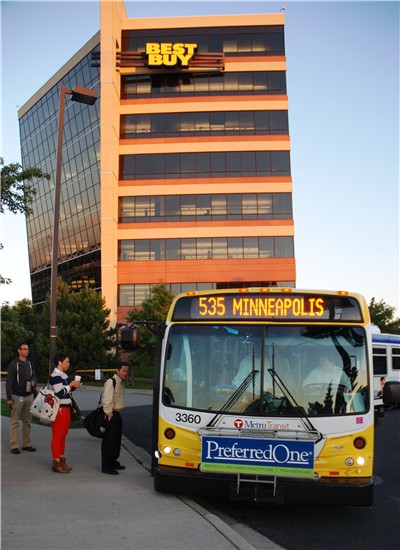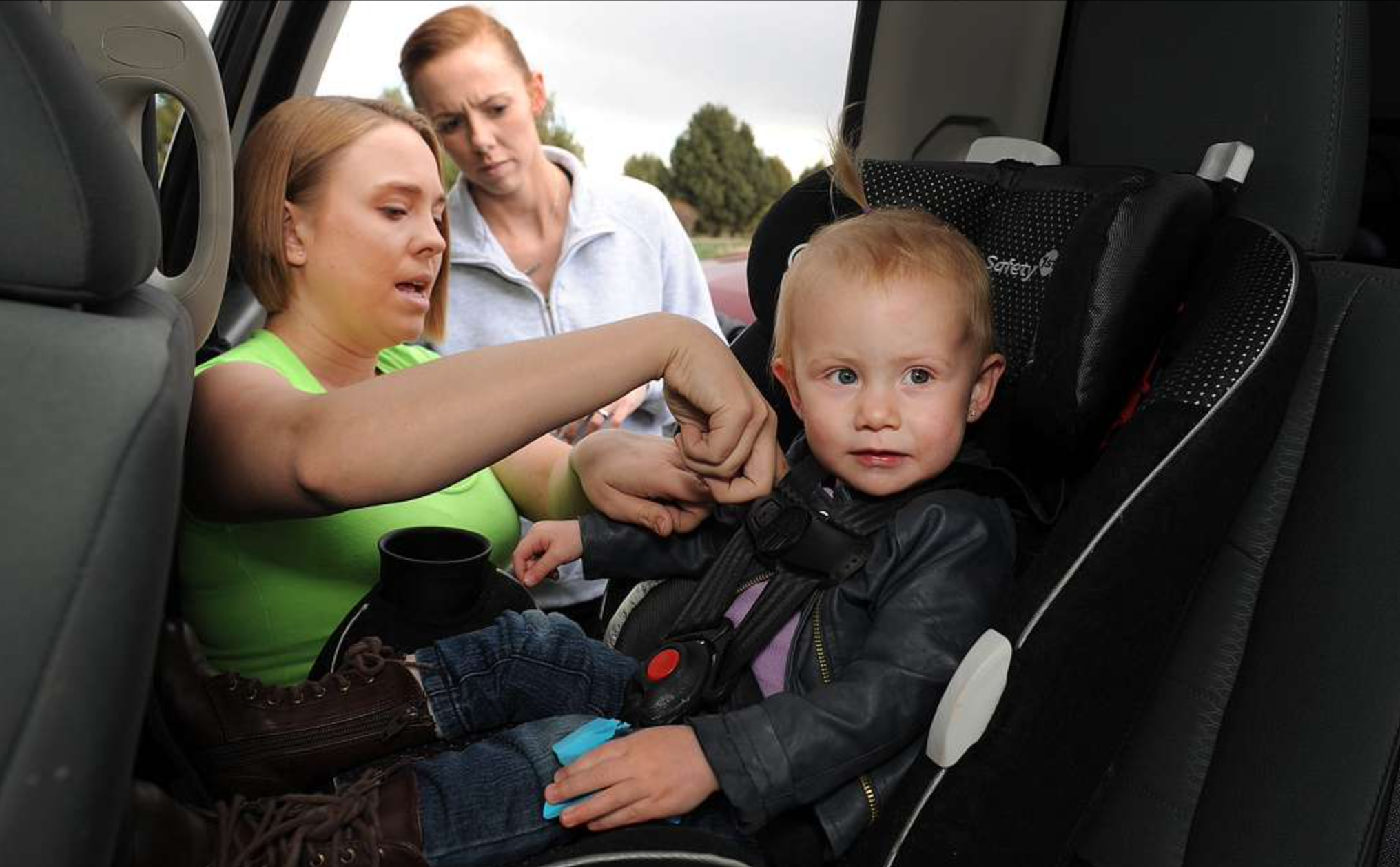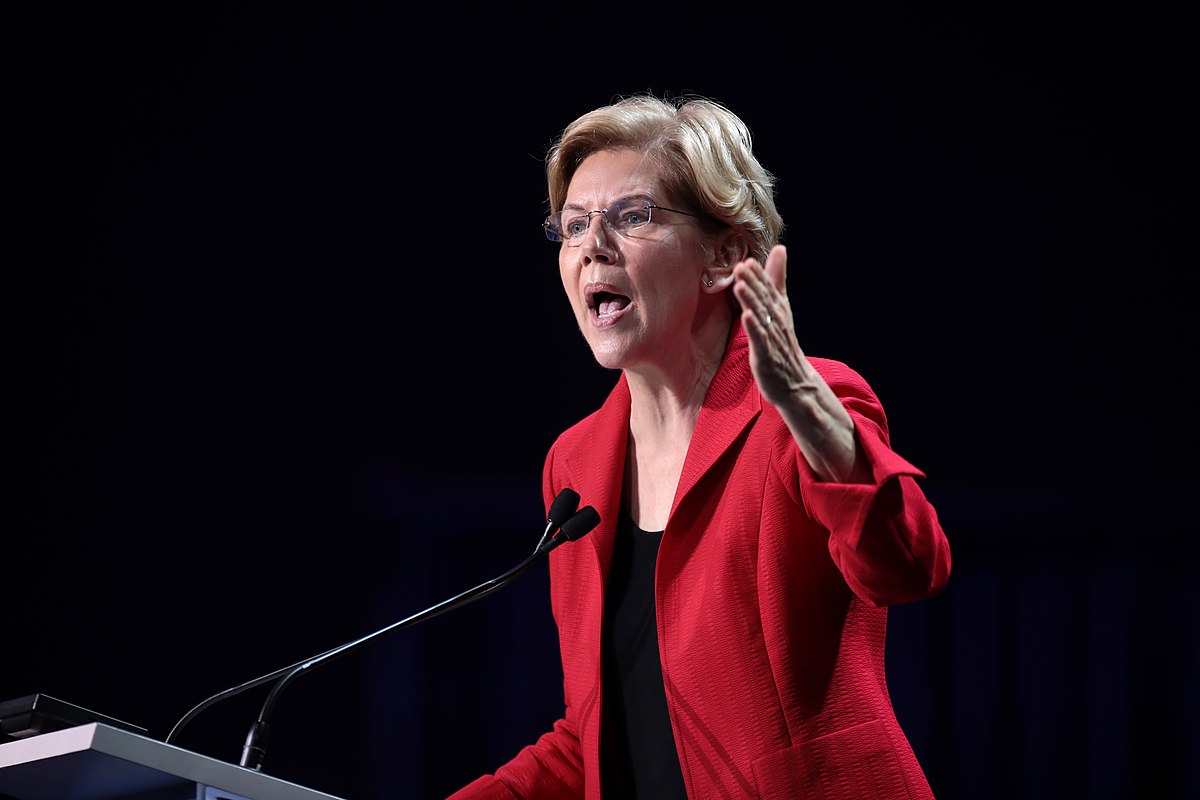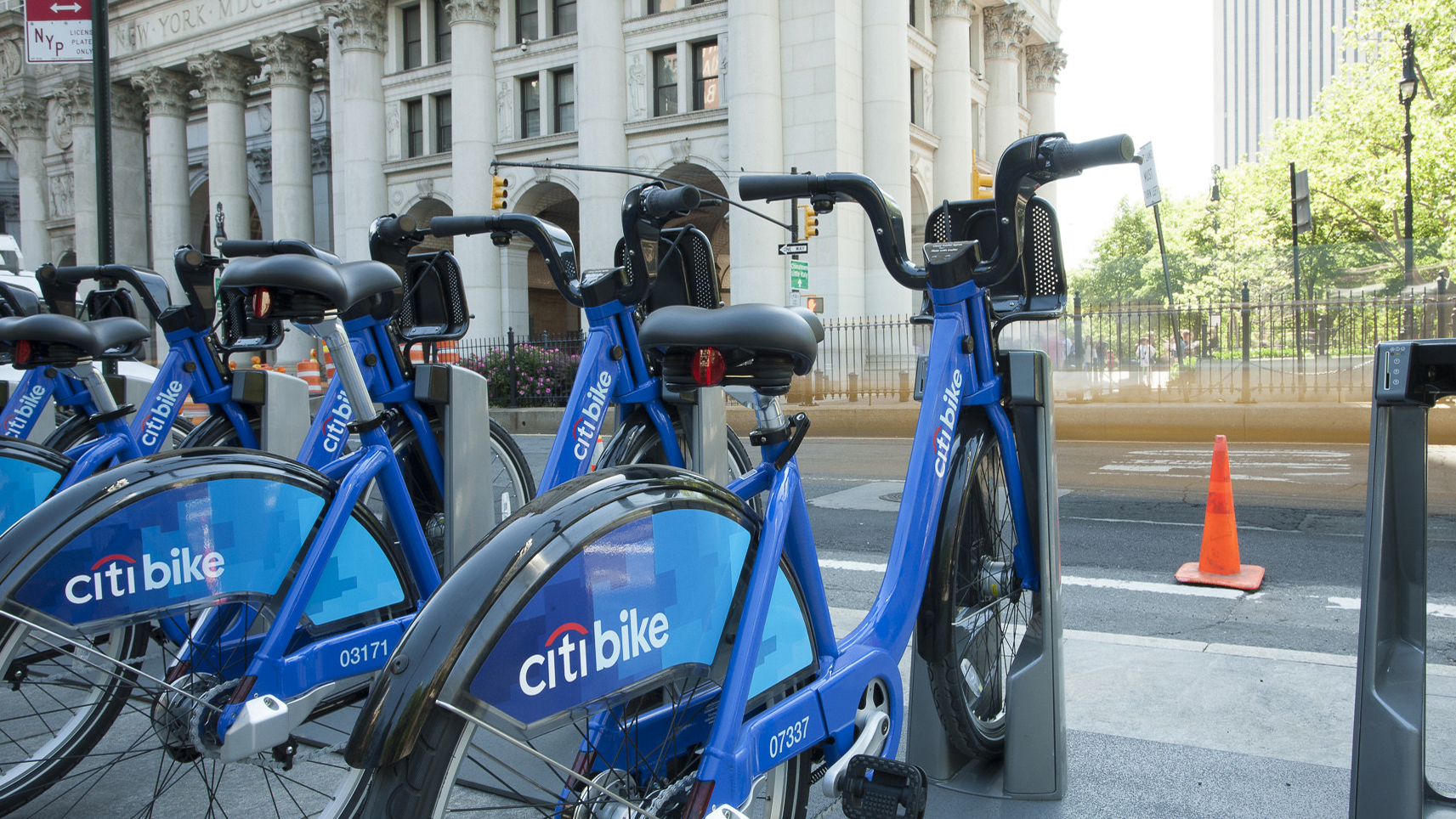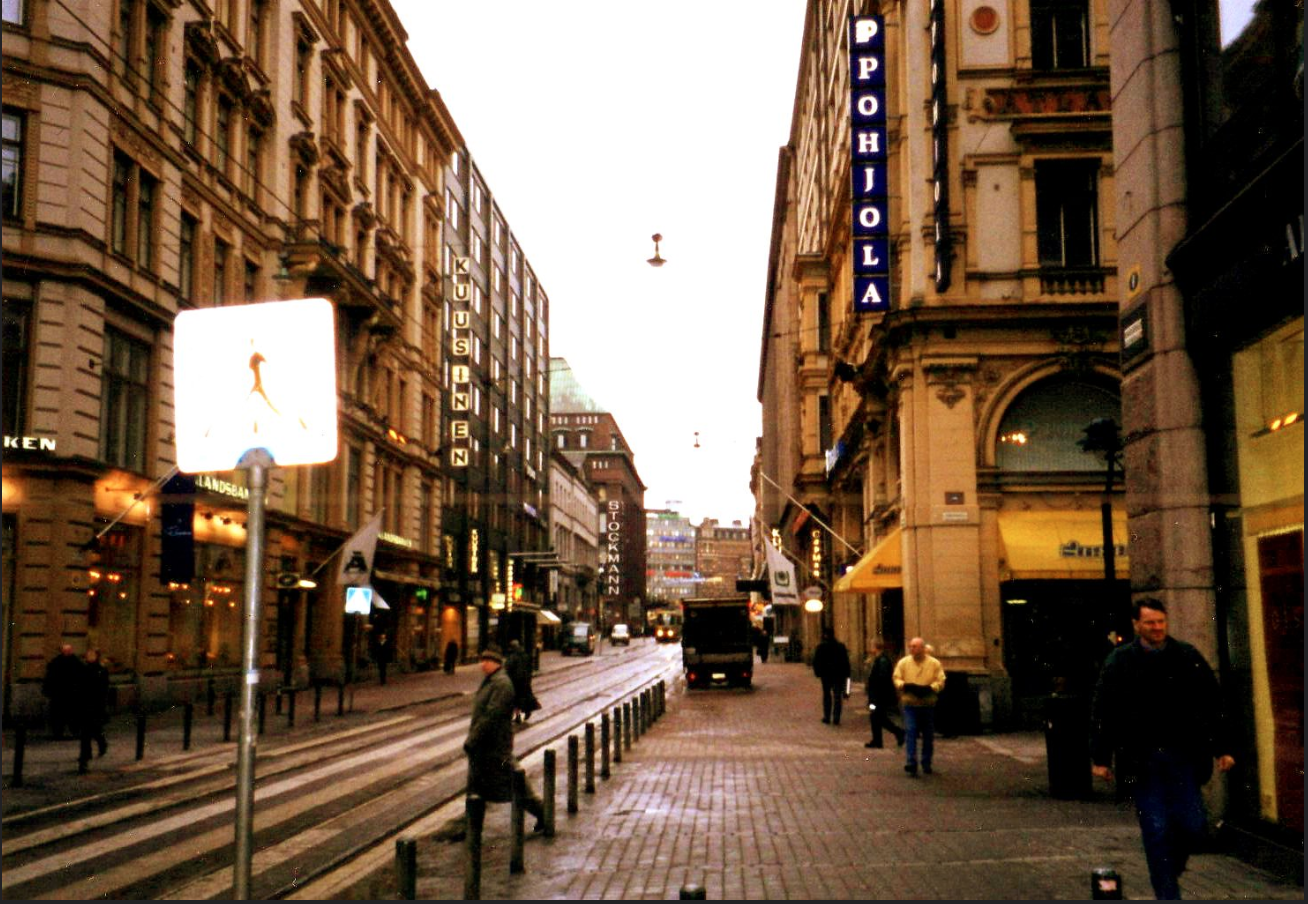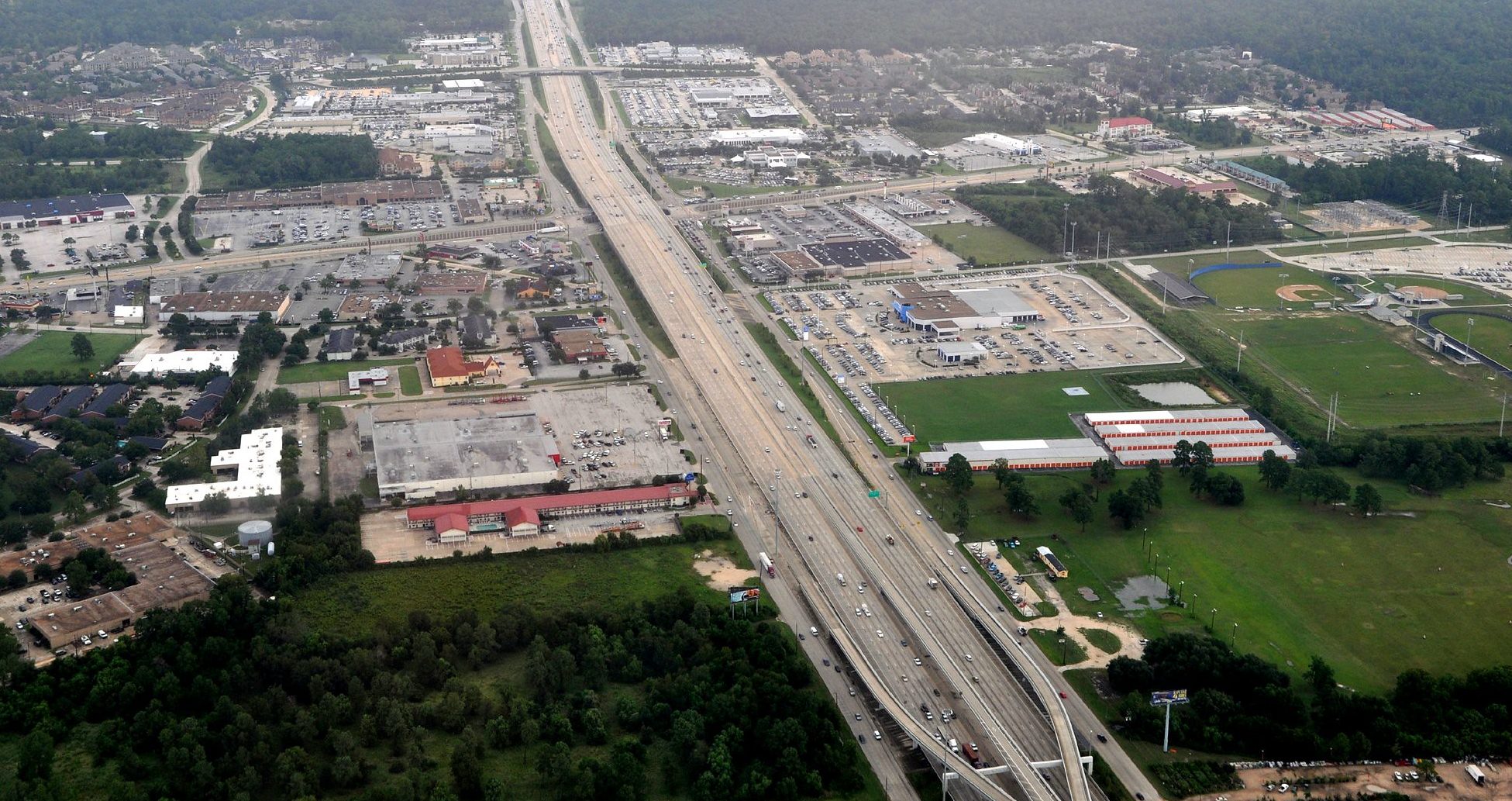Stay in touch
Sign up for our free newsletter
More from Streetsblog USA
How Car-Centric Cities Make Caring For Families Stressful — Particularly For Women
Women do a disproportionate share of the care-related travel their households rely on — and car-focused planning isn't making matters easier.
Wednesday’s Headlines Build Green
A new bill dubbed "Build Green" would replace many of the climate-friendly elements Sen. Joe Manchin insisted on stripping from the Inflation Reduction Act.
E-Bikes and Creating Financially Sustainable Bike Share Programs
The number of customers using bike share in the U.S. and Canada is now at an all-time high thanks to e-bikes.
Tuesday’s Headlines Pick the Low-Hanging Fruit
Greg Shill argues that if a transformative road redesign isn't possible, it's time to talk about second-best strategies.
How to Fight a Texas-Sized Freeway Battle
A new book explores how Texas advocates are fighting back against destructive highway expansions. But what happened to those projects since it was sent to the printer?
